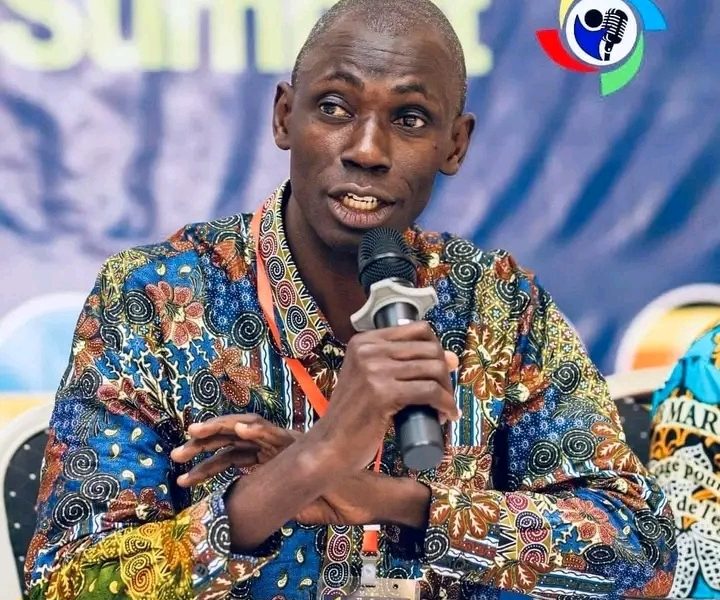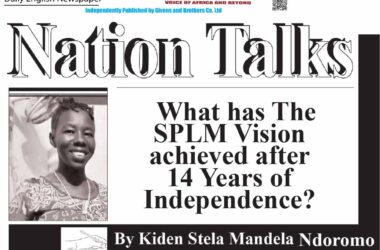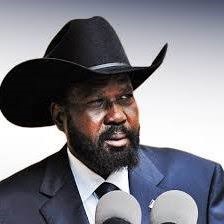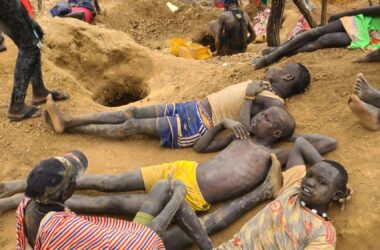By Gladys Fred Kole
Executive director of Community for Progress Organization (CEPO blames parties to the revitalized peace agreement for showing limited political will, commitment, and discipline in implementing the 2018 peace deal.
Mr. Edmund YAkani, who is also a stakeholder signatory to the revitalized peace agreement, said that there is a high deficit in trust and confidence among the peace parties.
“We are fed up,” Yakani lamented.
He said that even at the ministerial level, there are signs of dragging to implement reforms and provisions that are supposed to help the ministry become more transparent and accountable.
South Sudan is left with only two months to end the first quarter of the extended 24-month peace roadmap period, to implement pending tasks of the revitalized peace agreement.
“Today we could have been counting successes; unfortunately,” Yakani hinted.
He observes that unfortunately there still pending tasks that were not delivered as agreed upon by the timeline of the roadmap by the parties.
According to Yakani, citizens would be witnessing preparations and in conducive environment for elections, among others, unfortunately, there is no progress.
“What we have witnessed today is the same situation that we witnessed before the extension of the transitional period in 24 months,” the cited person exclaimed.
CEPO’s boss stressed that at this point, the talk in town should have now been about whether the National Constitutional Review Commission is functional, has rolled out its work, and is almost sharing its products with the citizens.
“Political councils could have been reconstituted, and political parties could have been registered by now,” he pointed out.
“The national electoral commission could have been reconstituted, and we could have been seriously engaged in civic and voter education as per the provisions of the national election law amended in 2023,” Yakani continued
According to him, the need for redeployment and training of the unified forces could have been worked upon by now, although sadly, the first graduated unified forces are not yet redeployed.
Yakani also explained that this is supposed to be the period to tackle issues around reconciliation, healing our wounds, experiencing compensation and reparation, and then accountability and justice.
Last week, members of parliament at the National Legislative Assembly expressed concern over the country’s ability to hold free and fair elections in 2024, citing an unconducive environment.
The lawmakers echoed the concerns while deliberating on a report of the reconstituted Joint Monitoring and Evaluation Commission (R-JMEC) on the status of the implementation of the revitalized agreement.
As South Sudan is gearing up for its first-ever highly anticipated elections, in March, the UN envoy to South Sudan, Nicholas Haysom, warned that the country faces a “make or break” year in 2023.
He stressed that the leaders must implement the peace agreement to hold “inclusive and credible” elections in 2024.
Meanwhile, the interim unity government has clearly stated that there would be no more extensions of the timelines for elections by the end of 2024, though there are divergent voices from the main opposition SPLM-IO party.




